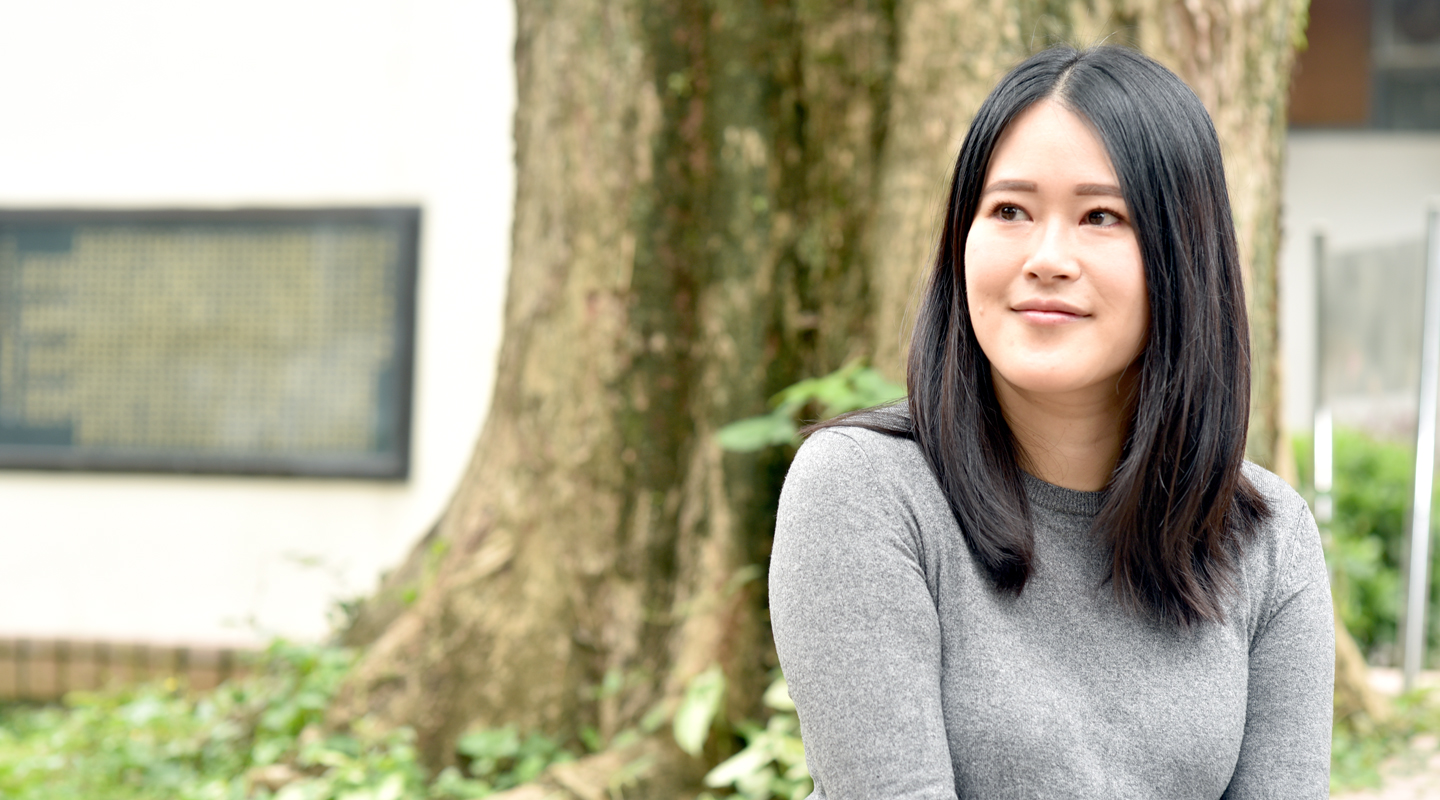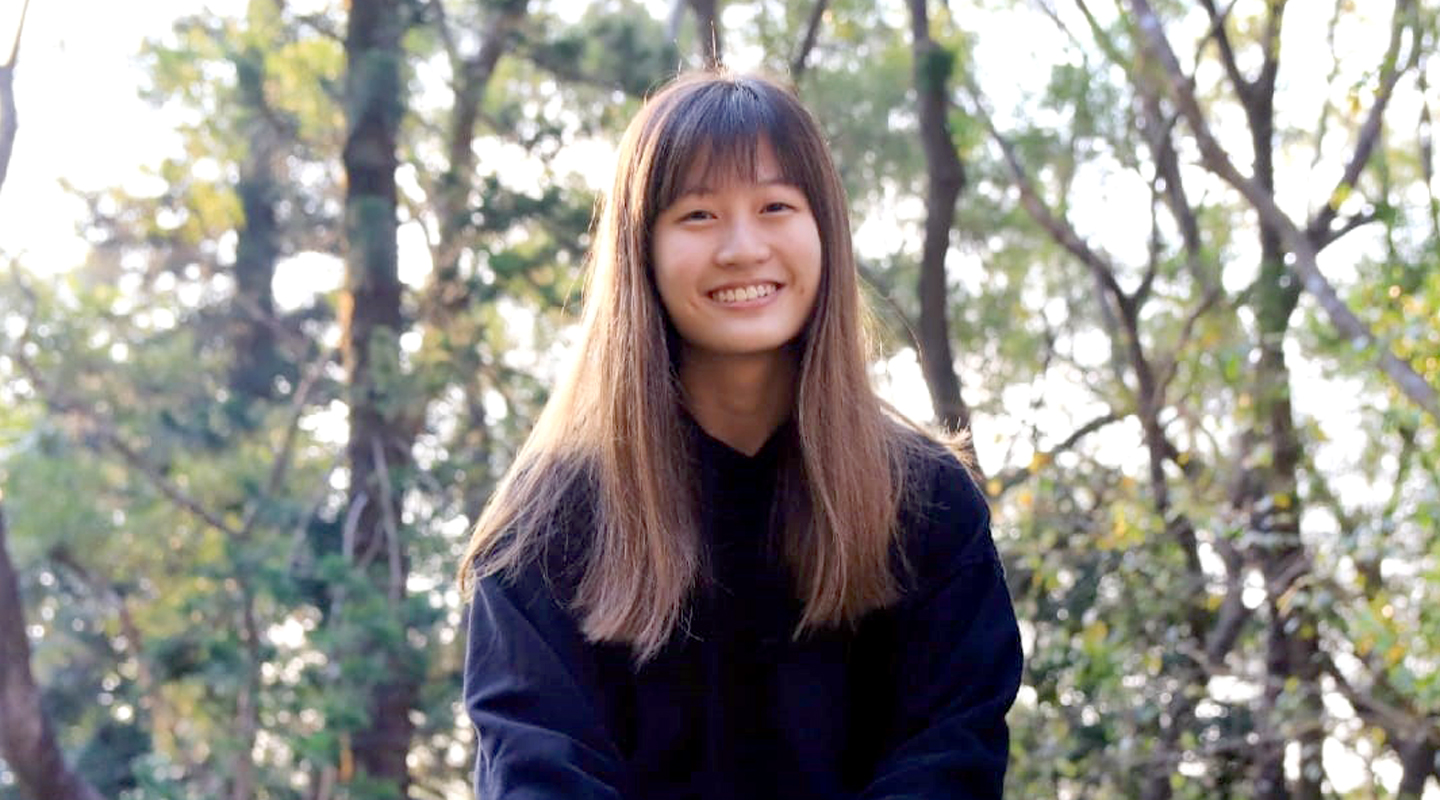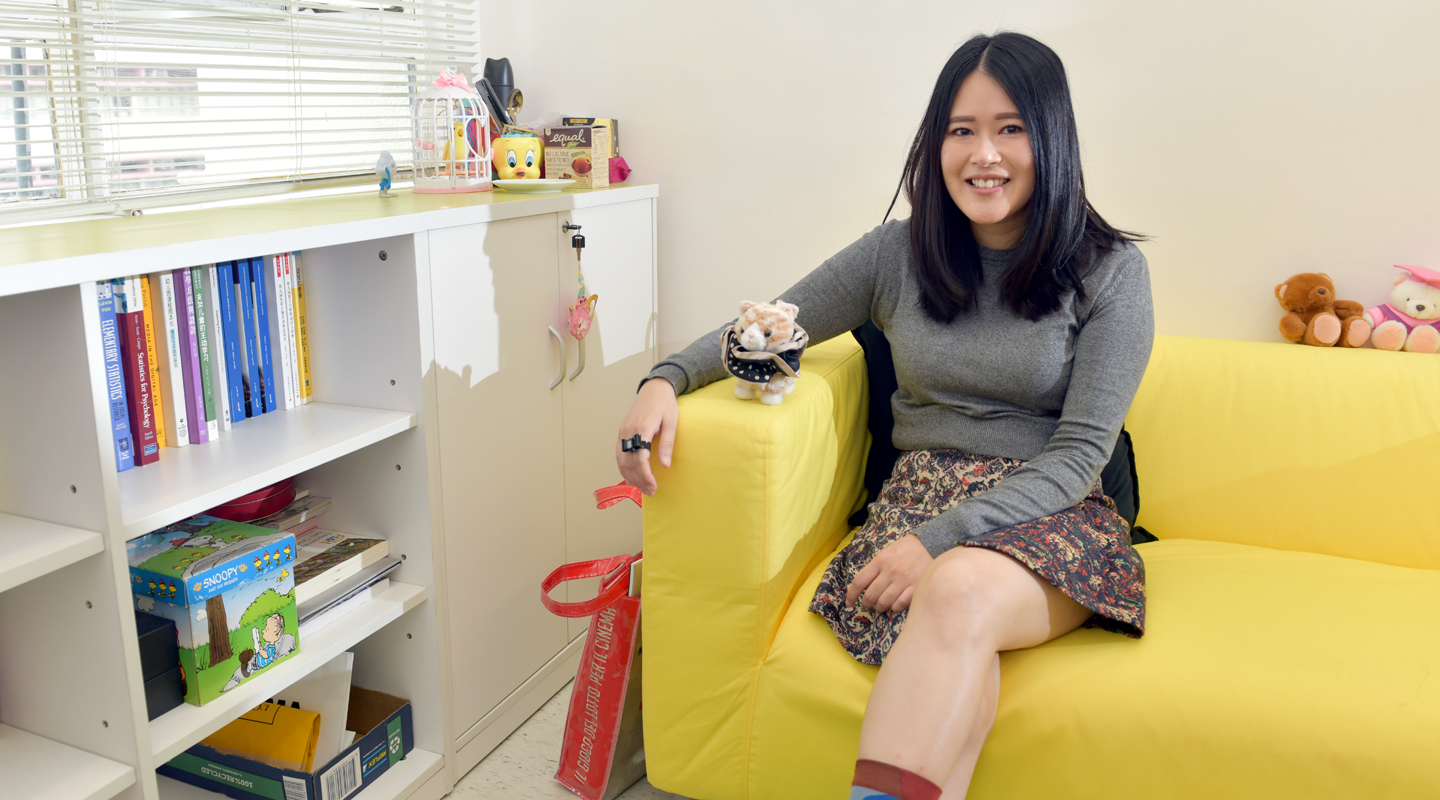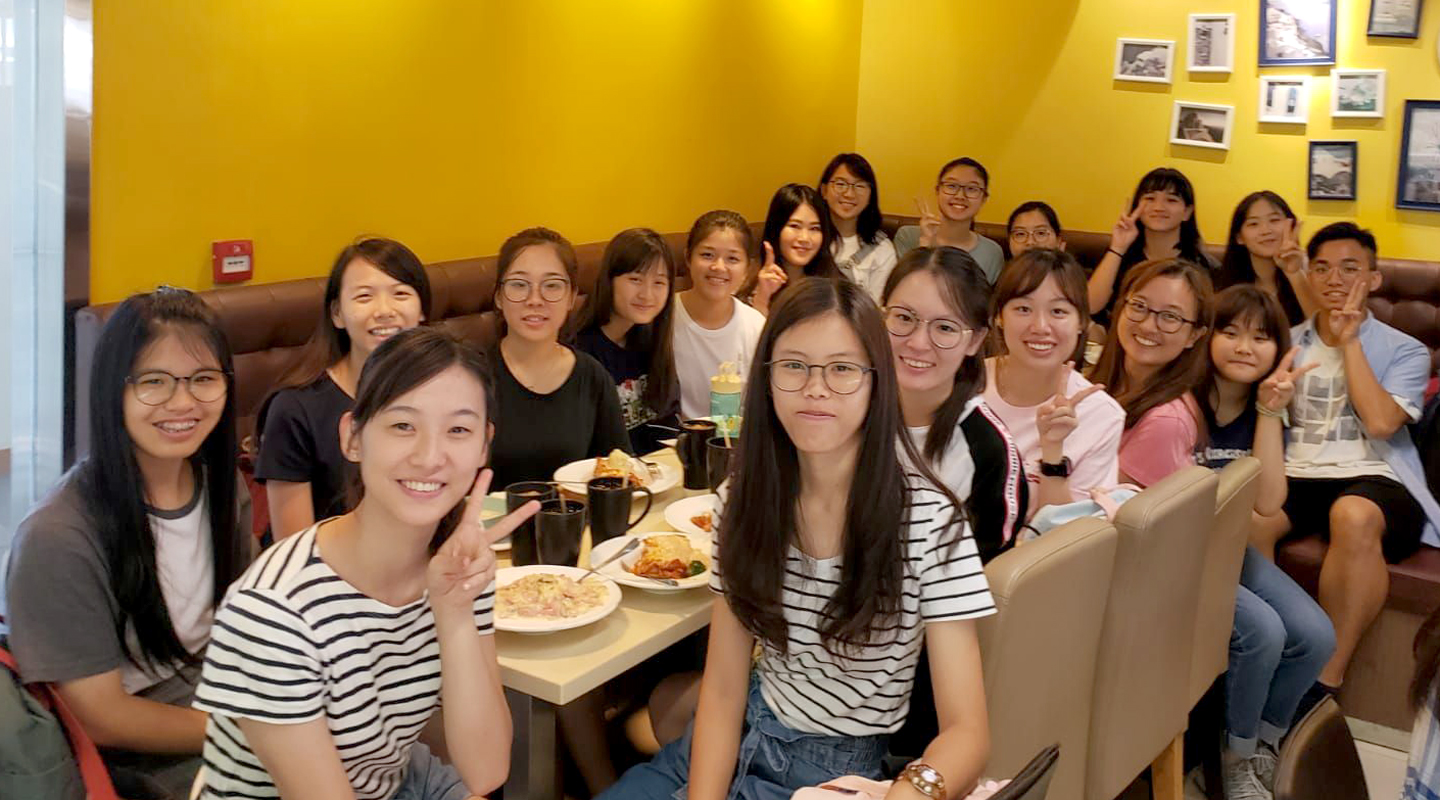Dear readers, With the launch of e-newsletter CUHK in Focus, CUHKUPDates has retired and this site will no longer be updated. To stay abreast of the University’s latest news, please go to https://focus.cuhk.edu.hk. Thank you.
Influencing Influencers on the Youngest Minds
New programme in early childhood education

At the various stages of our life, especially in the formative years, teachers are people who, with their training and goodwill, are instrumental in helping us acquire skills, knowledge and good habits which may have lasting impacts throughout our life. Although they may not be put on as high a pedestal as masters or mentors in our more mature years are, teachers we met in nursery and kindergarten are owed a debt no less tremendous, for it is they who first inducted us into a world beyond family, where we first tasted the joy, fun and satisfaction of exploring this world and working with others.
Getting off the ground a year ago, the Bachelor of Education in Early Childhood Education programme shares society’s growing concern with child education and takes a multidisciplinary approach to grooming early childhood educators that are professional, creative and ethical. Since its launch, the five-year programme proves a popular choice with the city’s youths, this year seeing more than 24 JUPAS candidates vying for a place in a cohort of just more than 20.
From Knowledge to Practice
‘What children learn from age two to six has a crucial impact on their development in future. I want to involve in parts of their lives and let them know what modesty, kindness, and mercy are,’ Eva Lam, a Year 2 student in early childhood education, explained why she went for the subject.

‘For me, it is fun and happy to get along with children because they are adorable. I’m always curious what the things are in their little brains and why they think the way they do,’ she added.
The multidisciplinary programme emphasizes broad knowledge base and allows students to take minors. ‘There are electives in music, linguistics and modern languages, psychology and sports science and physical education. Students may minor according to their interests and orientation,’ said Prof. Suzannie Leung, the programme coordinator.

Added to the comprehensiveness of the programme is the distinctive mentorship scheme that matches students with a kindergarten principal who serves as their mentor. ‘The mentor may invite our students to casual meetings, gatherings or voluntary services in the kindergarten,’ explained Professor Leung. ‘They become role models who guide our student teachers on their road to accomplishing professional goals in early childhood education. Students may also seek advice from them any time.’
No educational training can dispense with the practicum. Over Years 4 and 5, students undertake two seven-week teaching practices in kindergarten, where they design and conduct learning activities with two- to six-year-old children, while observing classes and getting to grips with daily school operations. They may also elect to take a 40-hour internship involving a wide array of non-teaching initiatives, such as working with children singly to facilitate their cognitive and social-emotional development, conducting parent education programmes, helping with research projects, and promoting children’s mental and physical health education activities.
The Child is Father of the Man
After a year of study, Eva had quite thoroughly changed her view on childhood education. ‘I used to think early childhood education aims at equipping children with different basic knowledge, but that’s not the entire picture. Kindergarten should make children learn in fun and discover their abilities. Soaking up knowledge aside, they learn how to be a good person, admire good stuff and develop positive personalities.
‘Kindergarten is a place for children to play freely and grow up safely, but not a place to produce study machines,’ she said.
The fledgling programme sees teachers and schoolmates develop close-knit ties and care for each other. Knowledge sharing, grabbing lunch with classmates and hanging out on holidays are common scenes.

Upon graduation, these budding educators may register with the Education Bureau and Social Welfare Department as qualified kindergarten teachers, childcare supervisors, childcare workers, or even special childcare worker on completing special educational needs courses. ‘Graduates may teach in local or international kindergartens, work in agencies serving children and families, or even pursue the path of research in the field, well served by the research component of the programme,’ said Professor Leung.
Asked what word of advice she has to prospective childhood educators, Eva said, ‘Do not underestimate the task of a kindergarten teacher. Kindergarten is such an important educational foundation for children. We have to pick up knowledge of all sorts to satisfy children’s curiosity, make sure they understand the lessons and constantly vary our strategies to attract their attention.
‘After all, children are unpredictable, energetic and highly susceptible. Kindergarten teachers should thus be open-minded, patient, respectful and creative.’
Children are not appendages to adults; they are their fathers. It however takes adults with a child’s heart and soul to know and cherish their uniqueness, and bring it into the open.
Photos by adalam@cuhkimages & gloriang@cuhkimages